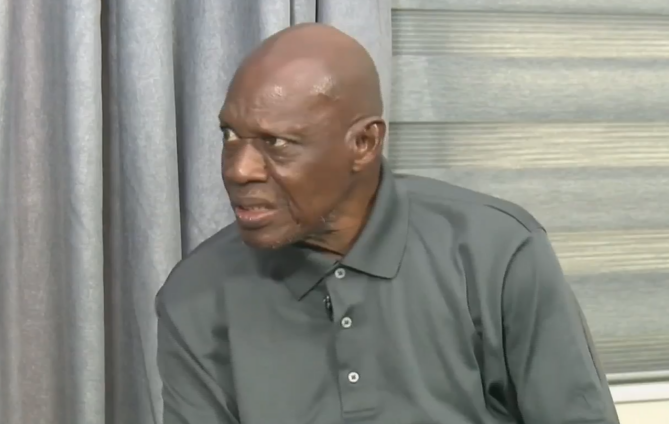Justice Atuguba Clarifies Supreme Court’s Declaration on Vacant Parliamentary Seats
Justice Atuguba Clarifies Supreme Court’s Declaration on Vacant Parliamentary Seats

- Retired Supreme Court Justice William Atuguba has shared his insights on the recent Supreme Court ruling regarding vacant parliamentary seats
- Justice Atuguba's remarks come in the wake of the Supreme Court's ruling in a case concerning the Speaker of Parliament's decision
- While the Supreme Court's declaration holds legal weight, Justice Atuguba pointed out that its enforceability is contingent
Retired Supreme Court Justice William Atuguba has shared his insights on the recent Supreme Court ruling regarding vacant parliamentary seats, explaining its legal implications and limitations.
Justice Atuguba, who served on the Supreme Court bench for over two decades, acknowledged that while the Supreme Court’s declaration in this case holds legal force, it lacks the necessary enforceability without accompanying orders or directives from the Court.
“The Constitution itself says the Supreme Court shall, for the purposes of a declaration, make such orders and give such directions as it may consider appropriate to give effect to the declaration,” Justice Atuguba explained. He emphasized that the “bare declaration” made by the Court in this case cannot be fully implemented without further instructions.
He continued, “Article 2 does not stop at the declaration. It goes on to say that the Supreme Court shall, for the purposes of a declaration, make such orders and give such directions as it may consider appropriate for giving effect to that declaration. The Constitution is clear that a declaration alone is not sufficient without further orders.”
Justice Atuguba’s remarks come in the wake of the Supreme Court’s ruling in a case concerning the Speaker of Parliament’s decision to declare certain parliamentary seats vacant. The ruling focused on MPs who intended to contest upcoming elections on the tickets of parties other than the ones under which they were originally elected.
The Need for Clear Orders
While the Supreme Court’s declaration holds legal weight, Justice Atuguba pointed out that its enforceability is contingent on additional orders or directives from the Court. Without such orders, he stated, the “enforceability aspect” of the declaration is missing.
In a broader context, the ruling addressed the issue of MPs who sought to switch parties ahead of the elections, with the Speaker of Parliament declaring their seats vacant. However, the Supreme Court overturned that decision, prompting questions about the specific circumstances under which a parliamentary seat can be considered “vacated.”
Prof Kofi Abotsi: Ambiguity in the Court’s Ruling
Also weighing in on the ruling was Professor Kofi Abotsi, Dean of the UPSA Law School, who expressed concern over the Court’s failure to define clearly what constitutes the vacation of a parliamentary seat.
While the Court’s decision clarified what does not amount to vacating a seat, Prof Abotsi argued that it did not provide a comprehensive definition of the criteria for determining when a seat is actually vacated. The ruling, he said, only explained what actions do not lead to a seat being vacated, leaving a significant gap in the interpretation of the law.
“The court spoke in negative terms, explaining what does not amount to vacating a seat,” Prof Abotsi noted. “However, it did not offer a clear, positive definition of what exactly constitutes the vacation of a seat. This lack of clarity is particularly problematic given that the Constitution uses the phrase ‘leaving the party.'”
Prof Abotsi warned that this ambiguity could lead to future disputes, as the ruling does not provide clear guidelines for determining whether an MP has indeed vacated their seat by leaving their party. The lack of a definitive standard, he argued, leaves room for uncertainty and potential legal challenges down the line.
The Path Forward
Both Justice Atuguba and Prof Abotsi agreed that while the Supreme Court’s ruling is legally significant, the absence of clear directives on how to enforce the declaration creates challenges for its practical application. As the legal landscape surrounding parliamentary vacancies remains unclear, further clarification from the Court may be necessary to ensure that the law is applied consistently and fairly.





